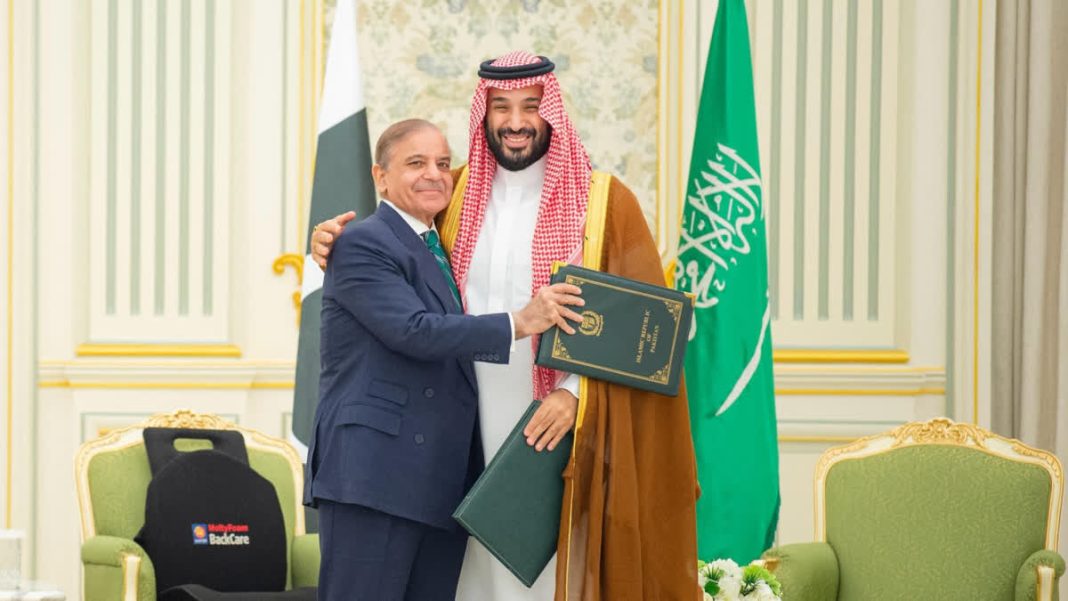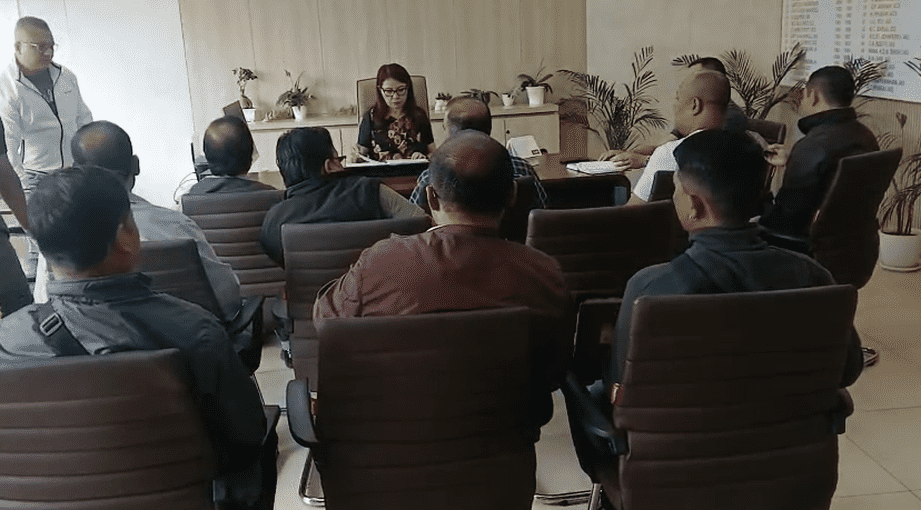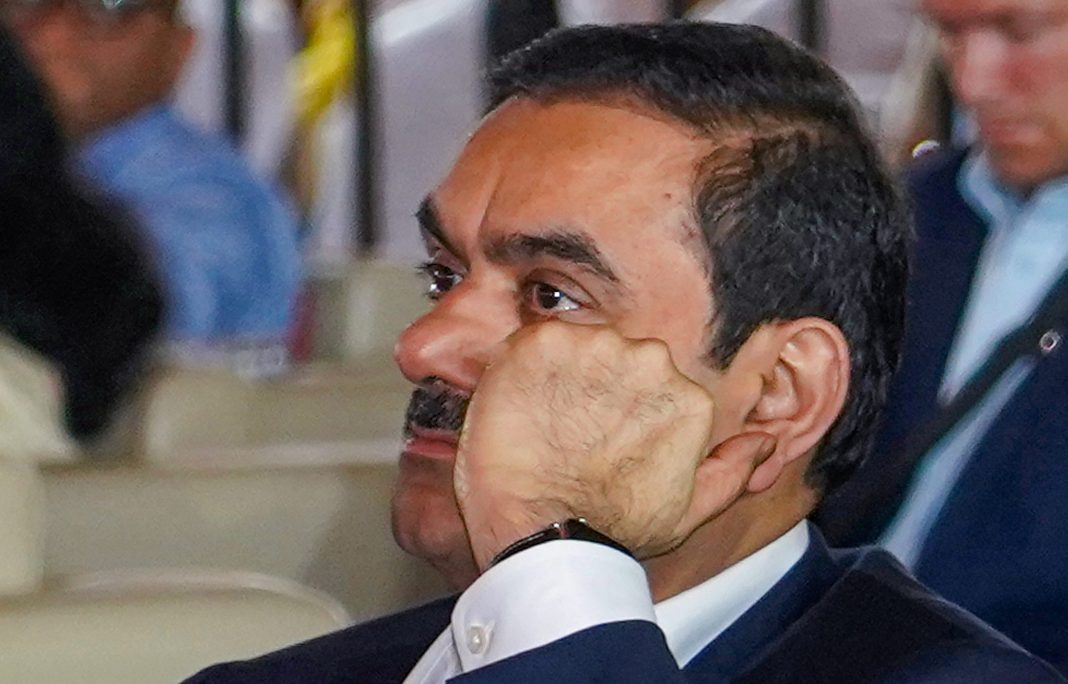Islamabad/New Delhi, Sept 18: Pakistan and Saudi Arabia have signed a “strategic mutual defence” agreement, which declares that any attack on either country will be considered “an aggression against both”.
The deal comes days after an Israeli attack on the Hamas leadership in Qatar, a key US ally in the Gulf region.
Commenting on the development, India on Thursday said it will study the implications of the move for its national security as well as for regional and global stability.
The “Strategic Mutual Defence Agreement” was signed by Prime Minister Shehbaz Sharif and Saudi Crown Prince Mohammed bin Salman on Wednesday during the Pakistani leader’s day-long visit to the Gulf Kingdom, according to a joint statement.
The agreement states that “any aggression against either country shall be considered an aggression against both,” said the statement issued by both sides.
“This agreement, which reflects the shared commitment of both nations to enhance their security and to achieving security and peace in the region and the world, aims to develop aspects of defence cooperation between the two countries and strengthen joint deterrence against any aggression,” it added.
In New Delhi, External Affairs Ministry spokesperson Randhir Jaiswal said India will study the implications of the move for its national security as well as for regional and global stability.
Responding to a media query on the issue, Jaiswal said the “government remains committed to protecting India’s national interests and ensuring comprehensive national security in all domains”.
The agreement came over four months after a four-day military conflict between India and Pakistan in May.
According to the Pakistan-Saudi joint statement, the pact builds on the historic partnership extending for nearly eight decades between Saudi Arabia and Pakistan, and is based on the bonds of brotherhood and Islamic solidarity, as well as shared strategic interests and close defence cooperation between the two countries.
The two sides also reviewed the historic and strategic relations between both countries and several topics of common interest.
In a post on social media, Sharif on Thursday said their talks “covered a wide range of issues, reviewing regional challenges and enhancing bilateral cooperation”.
Sharif also said that he greatly values the Saudi Crown Prince’s “consistent support and his keen interest in expanding Saudi investments, trade and business ties between our two countries”.
The agreement is said to be the most significant in defence ties between the two countries in decades.
In 1982, the two sides signed a bilateral security cooperation agreement that enabled Pakistani training, advisory support and deployments on Saudi soil.
Voicing concern over the deal, veteran American diplomat Zalmay Khalilzad said it raises “many questions” and comes in “dangerous times.”
“Does the agreement have secret annexes, and if so, what do those say? Is the agreement an indication of declining confidence in US deterrence and defence on the part of Saudi Arabia and perhaps others?” he asked in a social media post.
“Pakistan has nuclear weapons and delivery systems that can hit targets across the Middle East, including Israel. It also is developing systems that can reach targets in the US,” he added.
Pakistan’s former ambassador to the US, Husain Haqqani, said that the term “strategic” in the defence agreement implies that it covers “nuclear and missile defence. Pakistan has always used the term ‘strategic assets’ for its nuclear & missile programs.”
“Coming in the wake of the Doha Summit”, the Pakistan-Saudi pact “shows that the Gulf countries are not just relying on empty rhetoric but also mean concrete action,” Pakistan’s former diplomat Touqir Hussain was quoted as saying by The News.
Ahead of the prime minister’s visit to the oil-rich kingdom, the Foreign Office had said that Pakistan and Saudi Arabia enjoy a historic relationship, rooted in shared faith, values and mutual trust, and the visit will provide an important opportunity to the two leaders to consolidate this unique partnership, while exploring new avenues of collaboration, for the benefit of the peoples of the two countries.
Sharif was accompanied by Army Chief Asim Munir, Foreign Minister Ishaq Dar, Defence Minister Khawaja Asif, Finance Minister Muhammad Aurangzeb, Information Minister Attaullah Tarar, Environment Minister Musadik Malik and Special Assistant Tariq Fatemi. (PTI)




